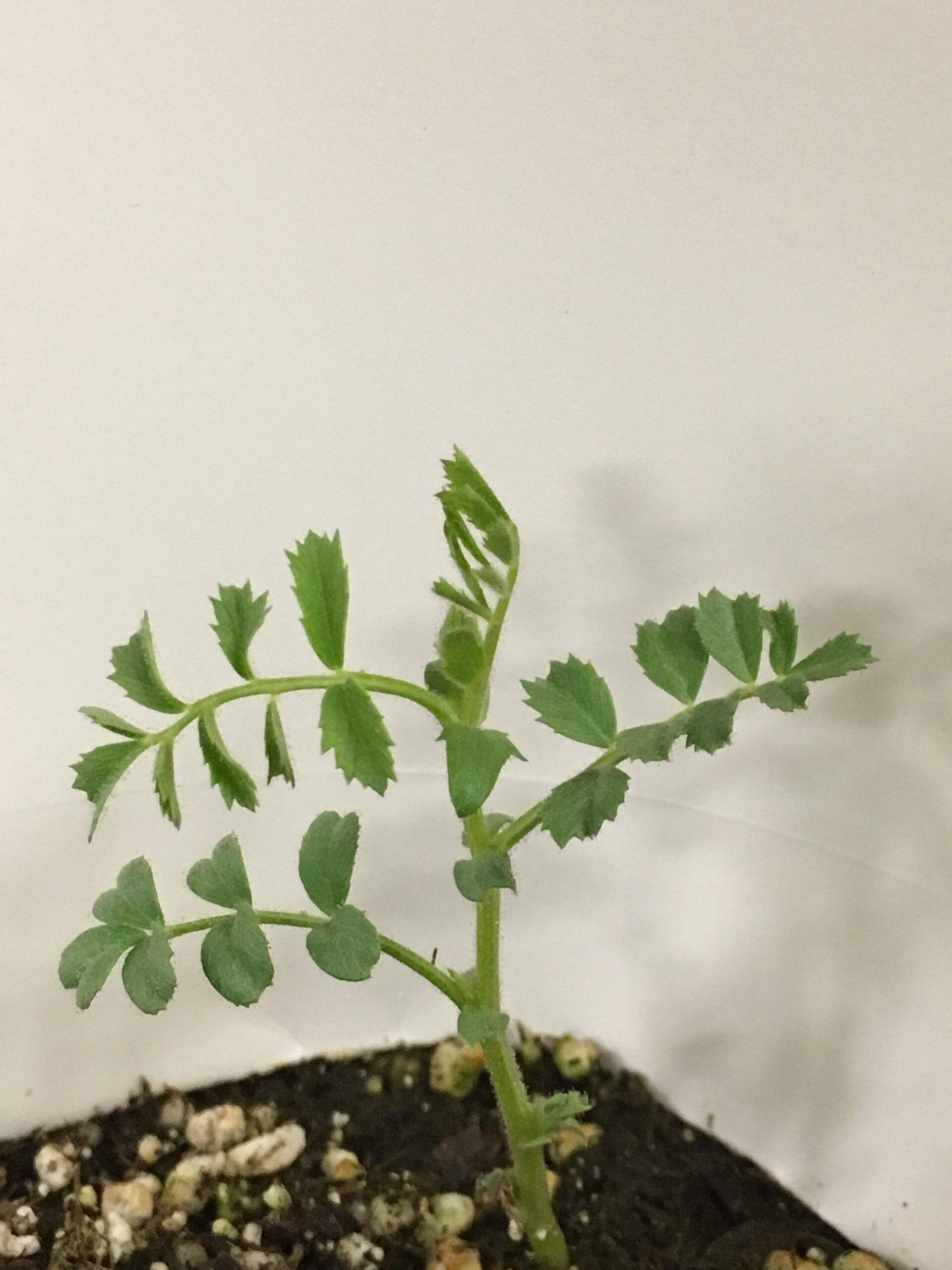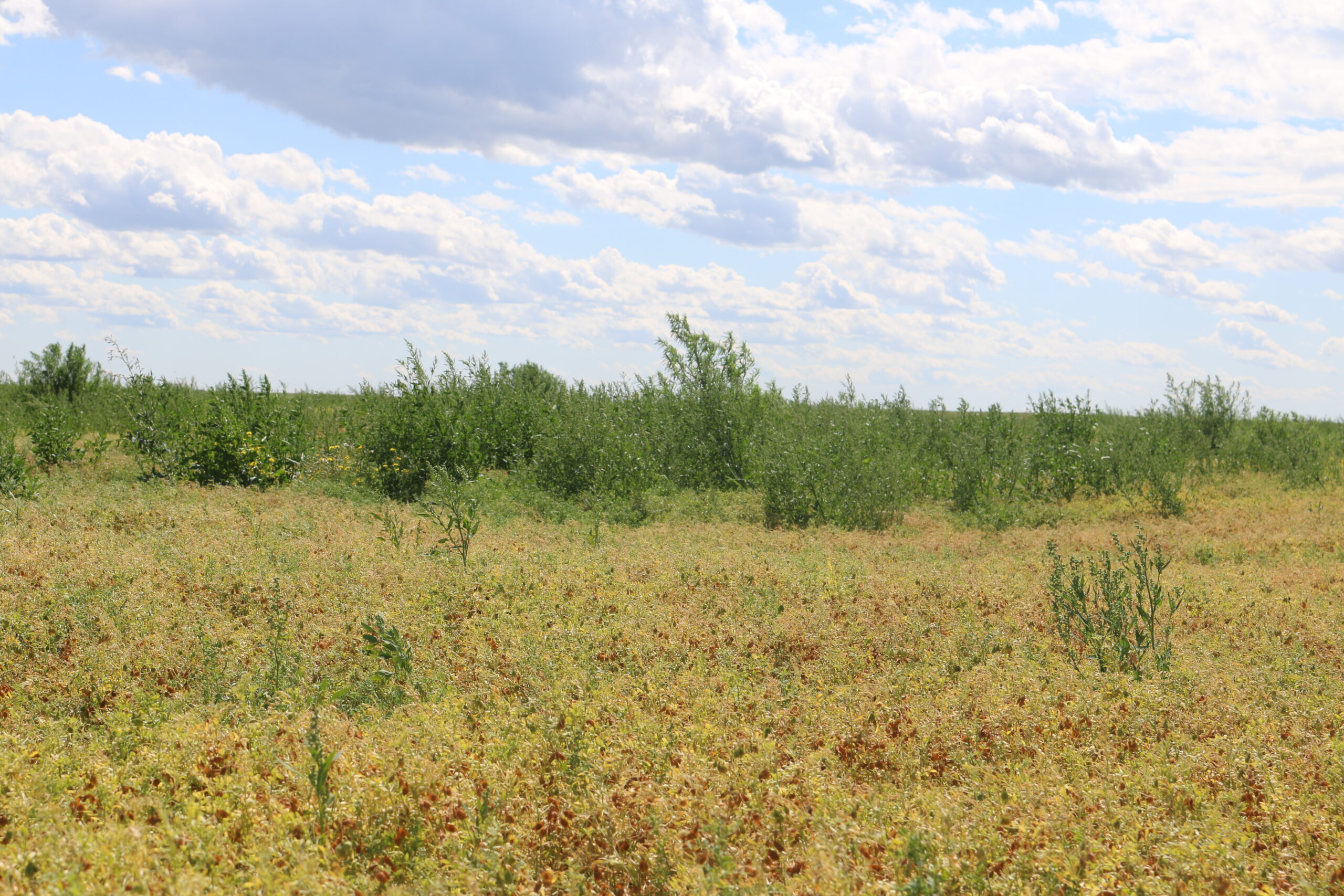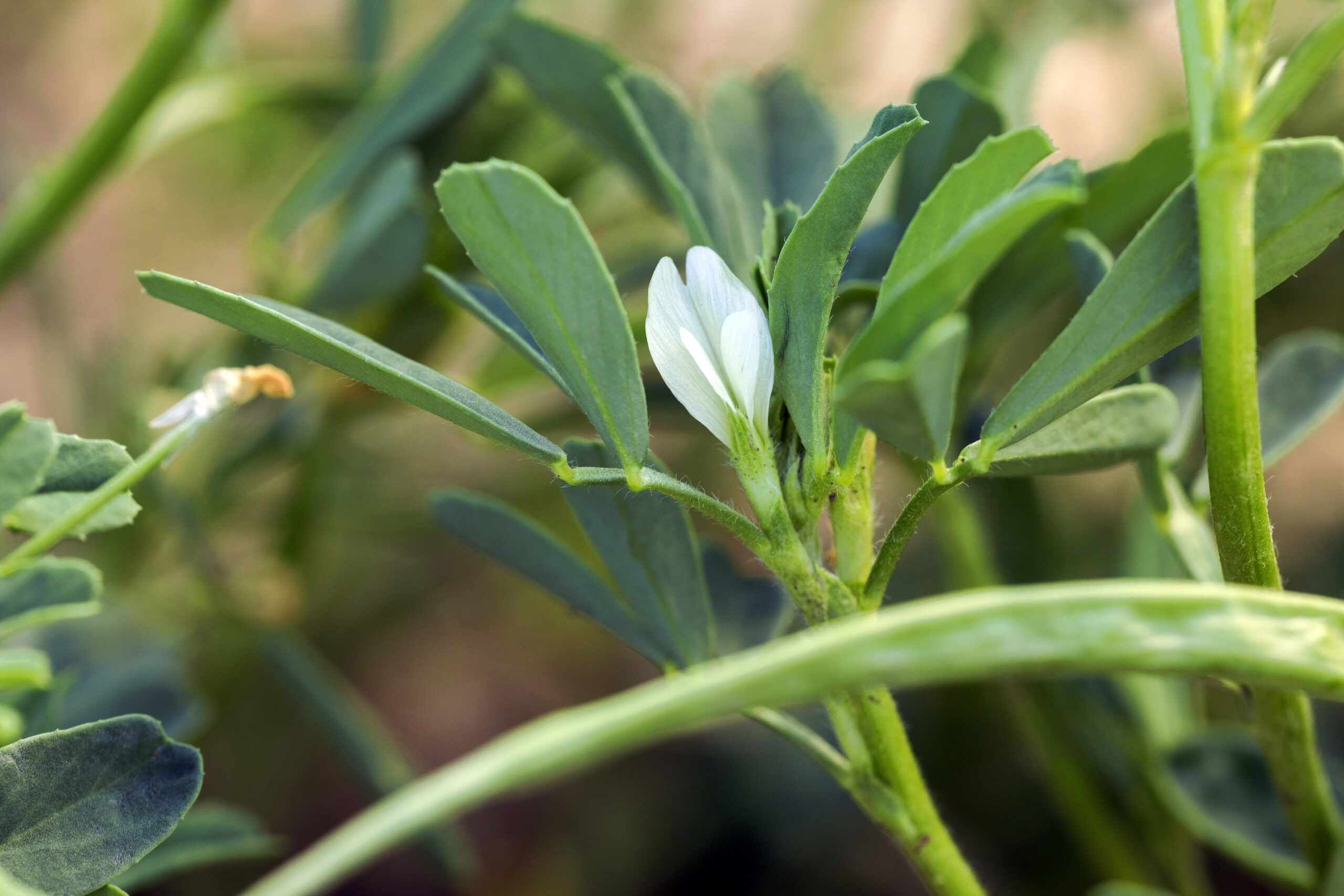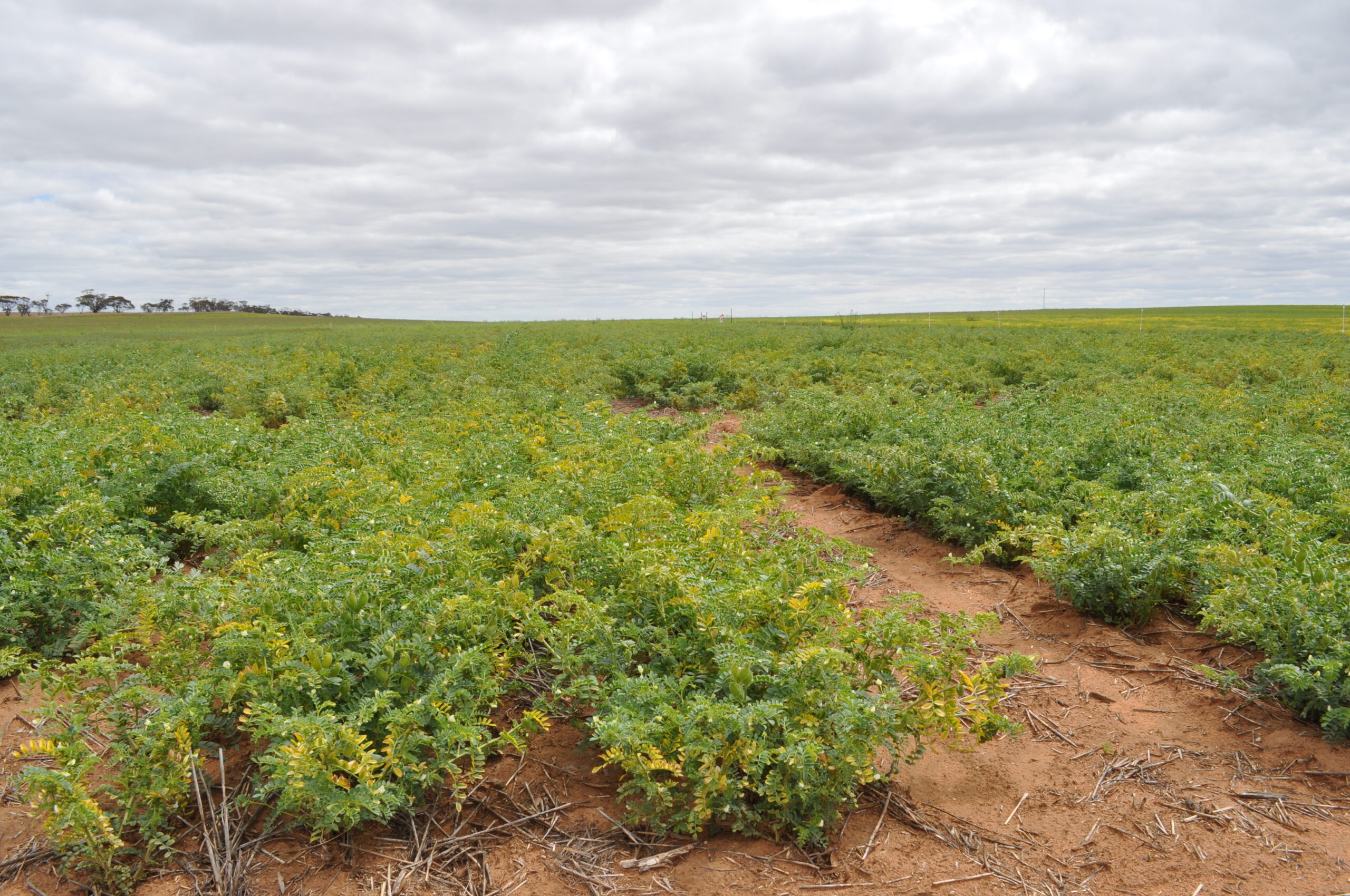Weed Management
Fenugreek seedlings emerge quickly after planting but grow slowly in the spring compared to many other legume crops. They do not compete well with early-season weeds. The selection of a clean field is essential for successful production.
Fenugreek seed is similar in size to flax, canaryseed, or small wheat. Seeds of these crops will be difficult to separate from fenugreek and fields containing volunteers of these crops should be avoided. A research trial was completed at the University of Saskatchewan to study the use of inter-row cultivation to control weeds in fenugreek grown in 35 centimetres (cm) or 14 inch (in) wide rows. The results indicated a yield increase which was not as great as with the herbicide treatments tested.
Clethodim, sethoxydim, and imazamox + imazethapyr herbicides are registered for the control of weeds in fenugreek. The Saskatchewan Ministry of Agriculture publication, Guide to Crop Protection provides more information on the use of herbicides.
Related Resources

Staging Pulses for Herbicide Applications In-Crop

Critical Period of Weed Control in Pulses
Disease Management
Fenugreek seedlings are susceptible to Pythium species (damping off) and are susceptible to other root rot pathogens such as Rhizoctonia and Fusarium. The main foliar disease is Cercospora leaf spot or blight. It can cause serious defoliation and can also affect stems and pods. It is favoured by warm, humid conditions. Powdery mildew occurs on fenugreek but is not considered a serious problem. No seed treatments or foliar fungicides are registered for use on fenugreek in Canada.
Related Resources
Insect Management
Damage to fenugreek seedlings by wireworms and cutworms has been observed. Grasshoppers can be a pest in years of heavy infestation and can damage mature seed pods. Aphids and blister beetles can also be insect pests of fenugreek. Fenugreek may be susceptible to any insects which damage clover and alfalfa.
Beleaf® 50SG is registered for use against aphids in fenugreek grown as an herb. It is not registered for use in fenugreek grown for seed or spice. Consult the product label or the Saskatchewan Ministry of Agriculture publication Guide to Crop Protection for more information.

